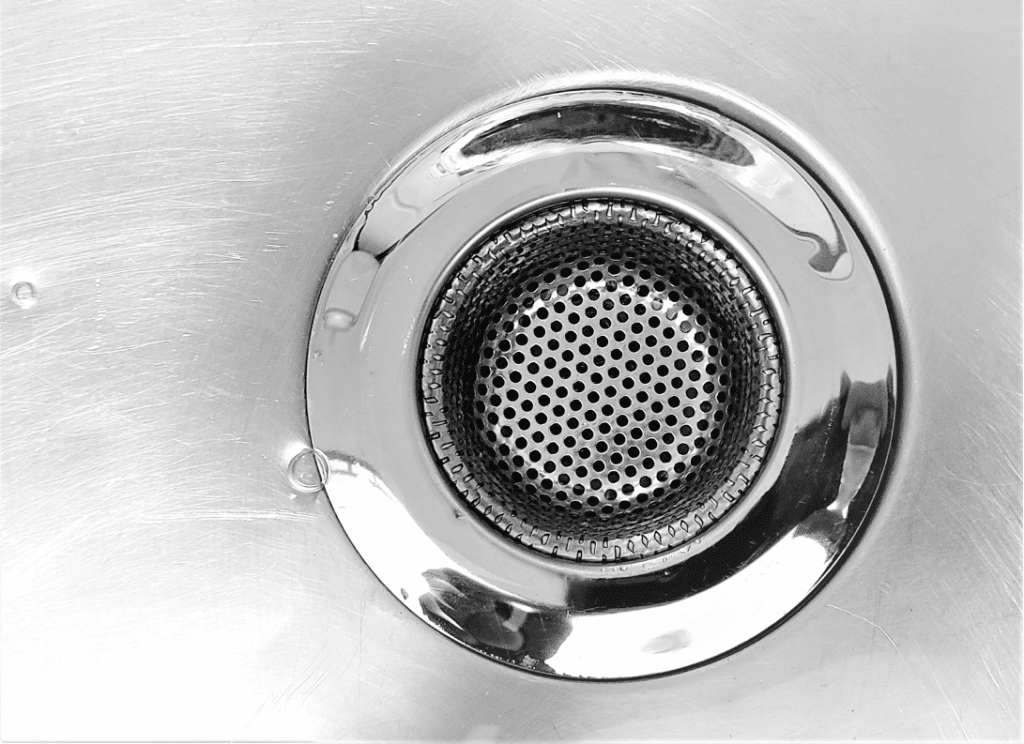No one ever wants to deal with plumbing problems, but unfortunately, they are common in kitchens. These issues can often be resolved, from clogged sinks to a leaky faucet, without calling a professional. This post will outline five of the most common kitchen plumbing problems.
Clogged Sink
While a clogged sink may seem minor, it can lead to severe problems if not fixed promptly. If left unaddressed, a clogged sink can cause water to back into the bowl, making it difficult to use the sink and potentially leading to overflows. Additionally, a clogged sink can cause water to pool around the base of the sink, leading to water damage and potential mold growth. The best way to address a clogged sink is to take preventive measures such as using a sink strainer or disposing of food scraps in the garbage instead of down the drain. If a clog does occur, several home remedies can be used to clear the blockage, such as using a plunger or pouring boiling water down the drain. However, if the clog persists, it is best to contact a professional plumber for kitchen plumbing repair.
Low Water Pressure
Low water pressure can be annoying and inconvenient, whether a trickle from the kitchen faucet or a weak shower stream. There are a variety of potential causes of low water pressure, but fortunately, there are also several easy solutions. One common cause is simply an insufficient supply of water, and it can often be remedied by increasing the water pressure at the main shut-off valve. Another common cause is a build-up of sediment in the pipes, and this can be cleaned out by using a plunger or snake to clear any blockages.
Dishwasher Leaks
Leaks in the dishwasher are common kitchen plumbing problems. The most common cause of leaks is a broken hose or connection, and a faulty seal or gasket can also cause a dishwasher leak. The first step is to identify the source of the leak to fix the dishwasher leak. Once the source of the leak has been discovered, it can be fixed or replaced. In most situations, a basic repair will do the job. However, if the leak is severe, it may be necessary to replace the dishwasher.
Refrigerator Leaks
As anyone who has ever dealt with a refrigerator leak knows, cleaning up can be a real pain. Not only are they challenging to spot, but they can also damage your floors and appliances. The good news is that you can do a few things to prevent leaks in the first place. First, you need to make sure that your refrigerator is level. If it is not, the door will not seal properly, and water can escape. Second, check the door seals regularly for cracks or gaps. Finally, if you notice any water on the floor around your fridge, do not hesitate to call a plumber. A leaky fridge is not something you want to tackle on your own.
Leaking Faucet
While a dripping faucet may seem minor, it can waste much water over time. A single dripping faucet can leak up to two gallons of water daily. Not only is it wasteful, but it can also cause your water bill to go up. Fortunately, fixing a leaking faucet is usually a reasonably simple task. In most cases, you will need to replace the O-ring or washer. However, if the problem is more serious, you may need to call a plumber. Either way, it is vital to take care of a leaking faucet as soon as possible.
Finally, kitchen plumbing problems can be a hassle, but they are relatively easy to fix. Knowing the most common problems and how to address them can save you time and money in the long run.
